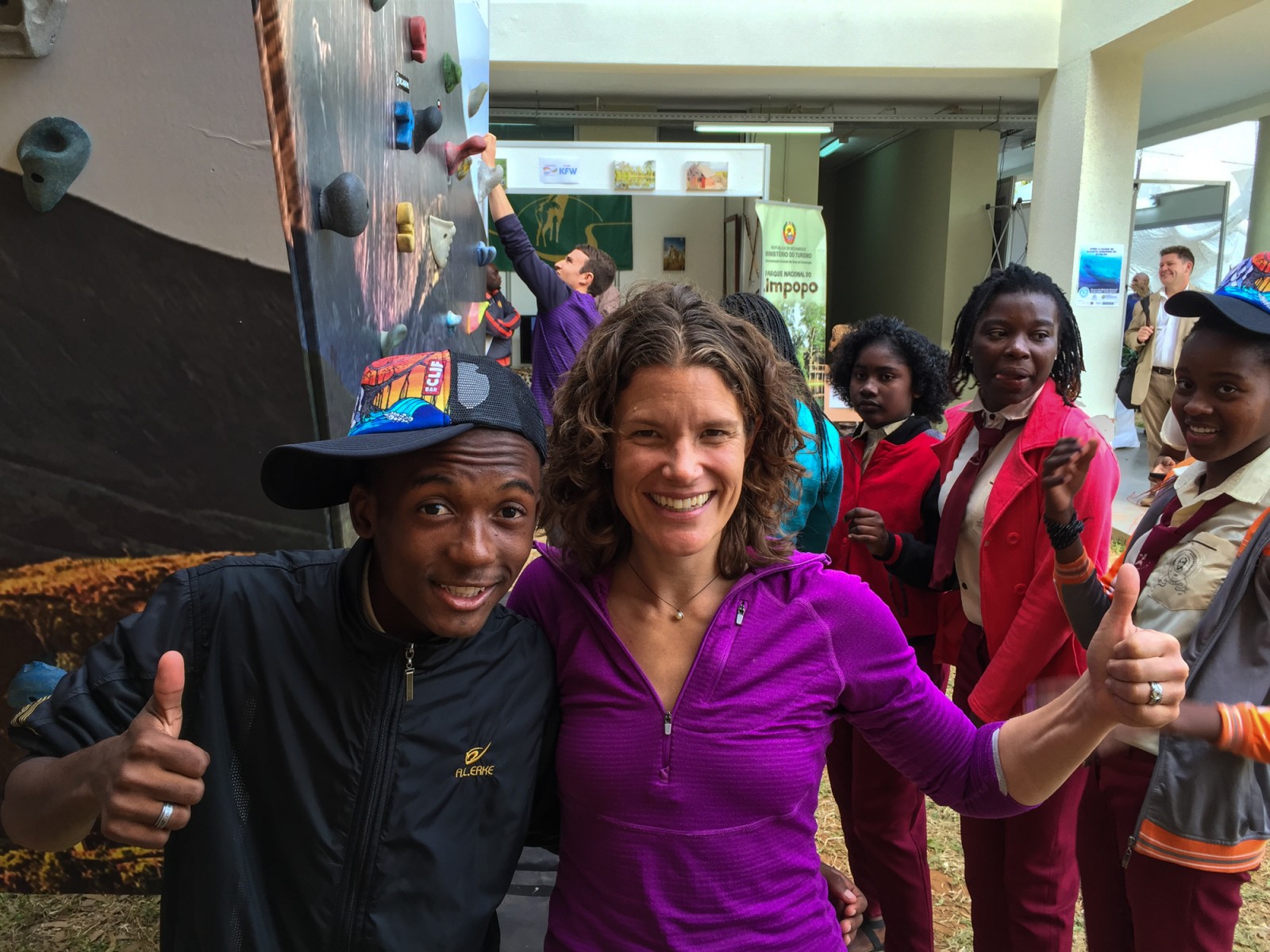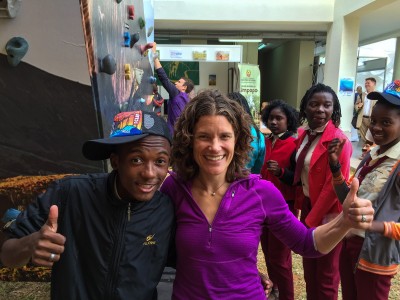In seven days I will be back in Mozambique. Me, my five-person team from Additive Adventure, and 35 emerging leaders in the field of disruptive conservation.
Disruptive? You bet. It’s disruptive because it’s a new model for building community-driven conservation in some of the world’s most remote and biologically diverse places in the world. Mount Namuli, the site of my now four- year initiative in northern Mozambique called the Lost Mountain, inspired this all.
I believe one of the most fundamental challenges facing our world today is summed up by this one question: can there be powerful collaboration between communities and ecosystems that allow them to both thrive? And to answer this question, we’re bringing in the young minds and future leaders of tomorrow. Which is what I was explaining yesterday to Geraldo Palalane, my Mozambican counterpart for our ongoing conservation and rural development work on Mount Namuli.
“I want their brains,” I said.
Geraldo coughed.
We’ve been skyping for three years and I know by now that means I need to explain myself better. “I am not trying to take their brains. I promise. I want to use them…How would you say that in Portuguese?”
The Next Gen Symposium is an opportunity for us to give a 12-day training in conservation planning and management principles, leadership development models, Leave No Trace techniques, and examinations of contemporary challenges facing conservation and development. And at the end of our time with these fresh and innovative thinkers we are going to ask them to set their minds to the question.
Put another way, we’re open-sourcing Namuli. And I can’t wait to see what comes of it.
Consider what Gerson Timbissa (Masters candidate in Rural Engineering at Eduardo Mondlane University, Maputo) wrote when we asked him why he wanted to take part in the Next Gen Symposium:
“Humans have produced profound changes in our habitat – much more than any animal species. These changes have often been in one direction that veers away from the natural capacity for regeneration of ecosystems. We have acted in our own interests in short term and have not considered the long term implications.
As I wait for the first moment of this adventure, my spirit is captivated by an even greater enthusiasm for those questions – questions that make me invest time in looking for new perspectives. To me, exploring and conserving nature is like moving a chess piece: the victory depends on the way of thinking.”
And then there is Aurélio Rodriguês Pais (Masters candidate in Management and Conservation of Biodiversity, at Eduardo Mondlane University in Maputo, Mozambique):
“I didn’t grow up exploring the wilderness. I grew up in the middle of a city. Since I began studying Forest Engineering, I have wanted to spend more and more time in the forest – this feeling is something I can’t explain with words, but you may have felt it yourself. When you feel it, you just know that this is where you belong. It’s time to look the future to create harmony with nature. The conservation of forests and ecosystems is a way to save our lives, preserve our earth, and allow future generations to thrive.”
Gerson and Aurelio are two of 21 African university students who have full scholarships to the Symposium. Meet them and the rest of this crew here.
And that’s enough from me. It’s time to give the next generation the floor.
Follow the Next Gen Symposium http://www.thelostmountain.org/next-gen-2015-symposium/



